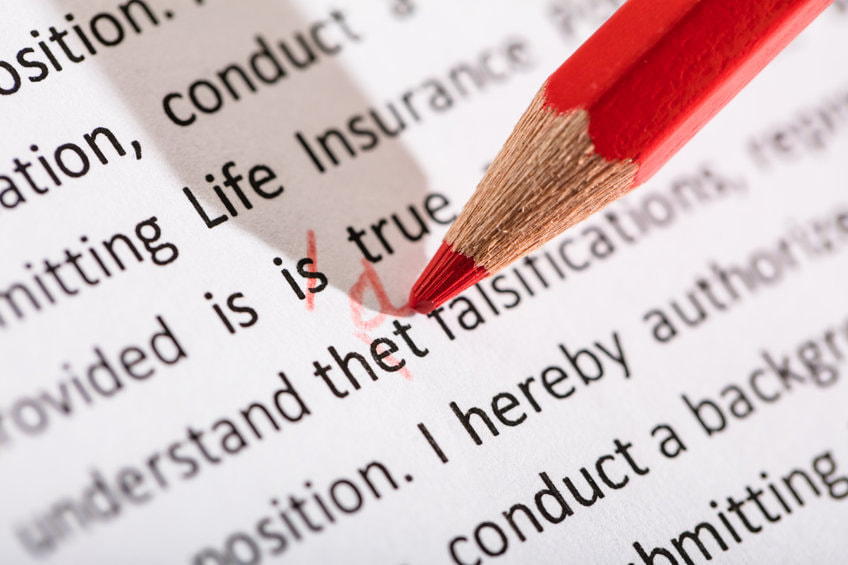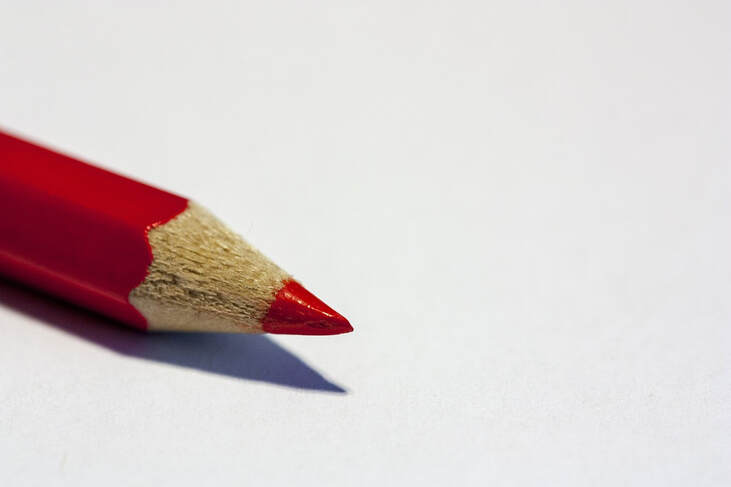|
Getting your book proofread is a vital step that every author should take prior to hitting the ‘publish’ button on their work, and regardless of how you are approaching your publishing journey, there are great ways (and services) to ensure that your book is checked thoroughly before launch.
For some authors the first option is to do this themselves, for many others they’ll use the services of friends and family, and for a larger portion of publishing authors, they’ll use a professional service to get the task completed. All options have both pros and cons, whether you’re looking to save money or time, you can still get the job done and in a way which works for you. So, here are some great ways for you to get your book proofread.
0 Comments
Ten books to help every self-publishing author
Getting a book published can be a challenging task, but luckily enough, there are some great books to help fellow authors, from these you can learn from successful writers and experts within the publishing industry, here are our top ten picks for books you should check out today. Now that you’ve finished your draft manuscript, and maybe done some edits, you’ll need to get it proofread, and please don’t skip this part, feedback prior to going to print will really help with your book’s impression and reviews that it may receive.
So, how do you get your book proofread? Editing software has come a long way over the years. From the early days of just letting you know when you made a spelling mistake, it can now help you shape a paragraph into something that will read more professionally and give you an edge with your writing skills. This isn’t to say that you won’t still benefit from having a professional editor give your book the once over, but it will save you from a great number of edits, and if you are doing everything by yourself, it can stop basic mistakes in grammar from slipping through.
The good news is that there are some great options for authors when choosing some editing software. Here are five options that you might want to consider. Before you can think about publishing your book, you should consider having the manuscript professionally edited, this stage is such an important one in the publishing process and shouldn’t be overlooked.
Having a professional editor look at your work prior to printing not only ensures that mistakes in grammar and spelling don’t get through, but it also helps with the flow of the book and it’s impact to the reader, it can take a good book and make it brilliant. Every author is excited when they complete their first manuscript, after all, there’s been countless hours, days, weeks, months and even years that have gone into its creation, but once the excitement wanes a little, every author then needs to go back and start the process of polishing (and in some cases, being courageous when doing so).
One small step at a time. The first read through and edit you can certainly do yourself, but don’t try to take on more that one chapter at a time, editing your own book (when done by yourself) should be done in small chunks, if you try to persevere with editing huge sections at a time, you’ll miss elements that should be adjusted and cut corners through fatigue. Your book is complete... but is it?
Now that you have finished your first draft, you’ll want to go back and edit what you’ve written, and at first this can seem like an overwhelming and very daunting task. This is where procrastination can set it, ‘I’ll do it next week…….’ many will say, and the book sits in a file on your laptop, its launch date creeping further and further away. But it shouldn’t be this way, fine tuning your manuscript is vital if you want to succeed, many authors will use the services of a professional editor (we even know authors who use multiple editors in order to polish their book prior to launch), the main thing is that your manuscript should be edited once you have stopped writing. So, you’ve completed your manuscript, hours, days, weeks and months have gone in to it, but is it ready? For most authors being so close to their work makes it virtually impossible to look at it from an objective position, the phrase, ‘not being able to see the wood for the trees’, springs to mind.
You could persevere regardless and publish without having the book looked at, for some authors this may work, but for many it doesn’t, when the first genuine reviews hit the book’s Amazon page it can be shock. Suddenly the ratings start to come in as threes, twos and even one star, this can be depressing for any author and make you question why you wrote the book in the first place. Once you have completed writing your manuscript you should look at having a professional editor review it, this is a stage that some indie authors overlook, sometimes for cost reasons and in others for over confidence. However, being so close to a volume of writing can lead to a blinkered view with regards to the flow, construction and fine tuning of the work.
A good editor is not there to be a negative over-user of red ink, they should be able to help you in polishing your work to a higher level and thus give your book the best chance of shining when it’s published. Whether you are trying to get published or reviewing someone else’s work, knowing how to edit plays a huge role in how well the content is received. If you have to edit a book, it might seem very daunting and time consuming. To make things simpler, here’s a short guide on how to do it the easy way:
|
JD&JCategories
All
Archives
July 2024
All information within this website (including its blog) is published in good faith and for general information purposes only. JD&J Design LLC does not make any warranties about the reliability and accuracy of this information. Any action you take upon the information in this website is strictly at your own risk. JD&J Design LLC is not liable for any losses and/or damages in connection with the use of this site and information.
|













